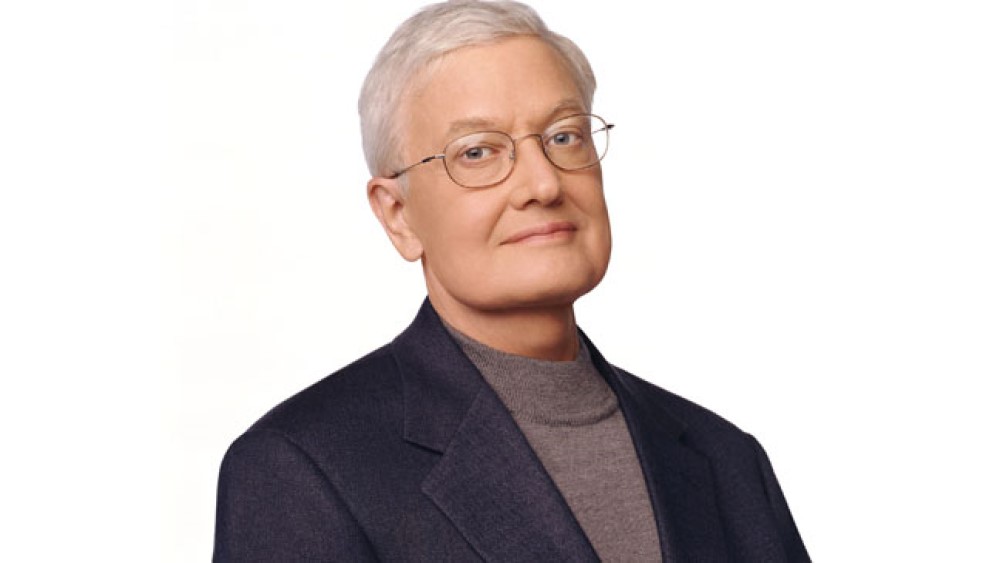
There are few people more synonymous with going to the movies than Roger Ebert. Arguably the most famous film critic in history, Ebert's gladiatorial “thumbs-up, thumbs-down” assessments could not only influence mainstream box office numbers, but also deliver moviegoers to more daring, artistic works that relied upon critical approval. Ebert was born in Illinois and after college got a job as a reporter at the Sun-Times, where he worked for nearly 50 years. Widespread recognition came through his work on TV with fellow critic Gene Siskel, and together they became TV mainstays with their nationally distributed shows, "Sneak Previews" and "Siskel & Ebert at the Movies." In 1975, Ebert entered the history books after becoming the first person to receive a Pulitzer Prize for film criticism. He is also the only film critic with a star on the Hollywood Boulevard Walk of Fame. In 2014, after leaving his indelible thumbprint on the history of film criticism, Ebert passed away. “I’ll see you at the movies,” were the last words he wrote to his readers.
Before Ebert became one of the world’s most influential film critics, he was a graduate student at the University of Chicago. In 1966, Ebert was accepted as a PhD student in UChicago's English department. Having already collected his Master's at the University of Illinois, Ebert was keen to complete his education with the sort of credentials that might lead to a good teaching position. However, he also needed money for rent and bills. So Ebert applied to the Chicago Daily News. Instead of hiring him, the editor referred him to the editor at the Chicago Sun-Times: the place where Ebert would spend nearly half a century. Now Ebert was living a duel existence, attending doctoral classes at UChicago and working as a general reporter and feature writer for the Chicago Sun-Times. The damn broke in 1967. After being promoted to film critic at his newspaper, Ebert decided to focus solely on film criticism
Although Ebert never finished his PhD work, he never fully left the university. For 37 years, he served as a Lecturer on film for UChicago's extension program: the Graham School of Continuing Liberal and Professional Studies. He was loved by colleagues and students alike, and his passion was to introduce new minds to global cinematic styles, genres, and directorial oeuvres. Amazingly, during Ebert’s long tenure with the Graham School, he never repeated a course—evidence of his bottomless knowledge and devotion to cinema. Furthermore, Ebert was no pedant. He actively encouraged his students to develop their own ideas and challenge others' conclusions. “He represented the highest values of the University and the Graham School," said Graham School Dean Daniel Shannon, "as someone with an extraordinary commitment to his area of expertise and a passion for sharing his knowledge with others.”
